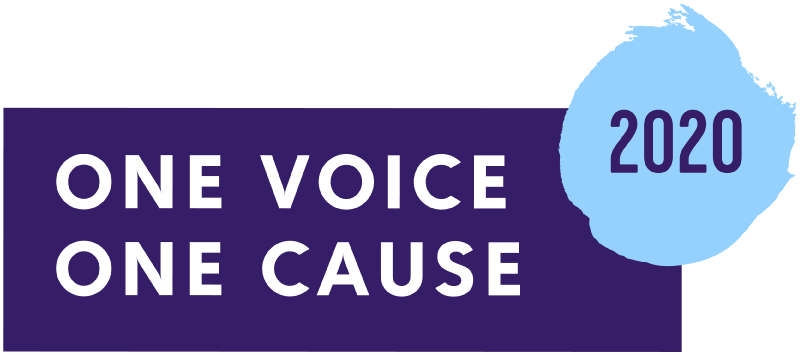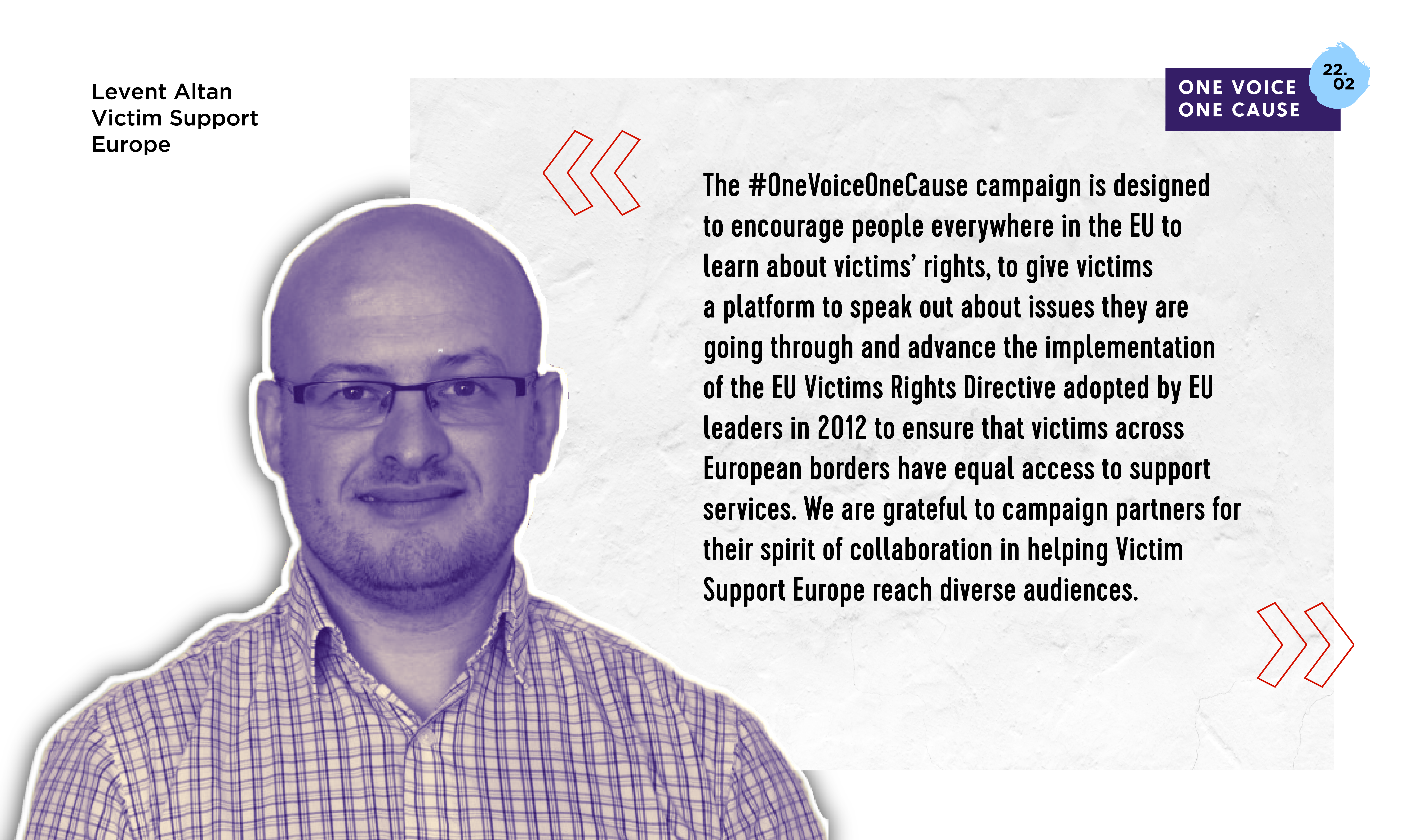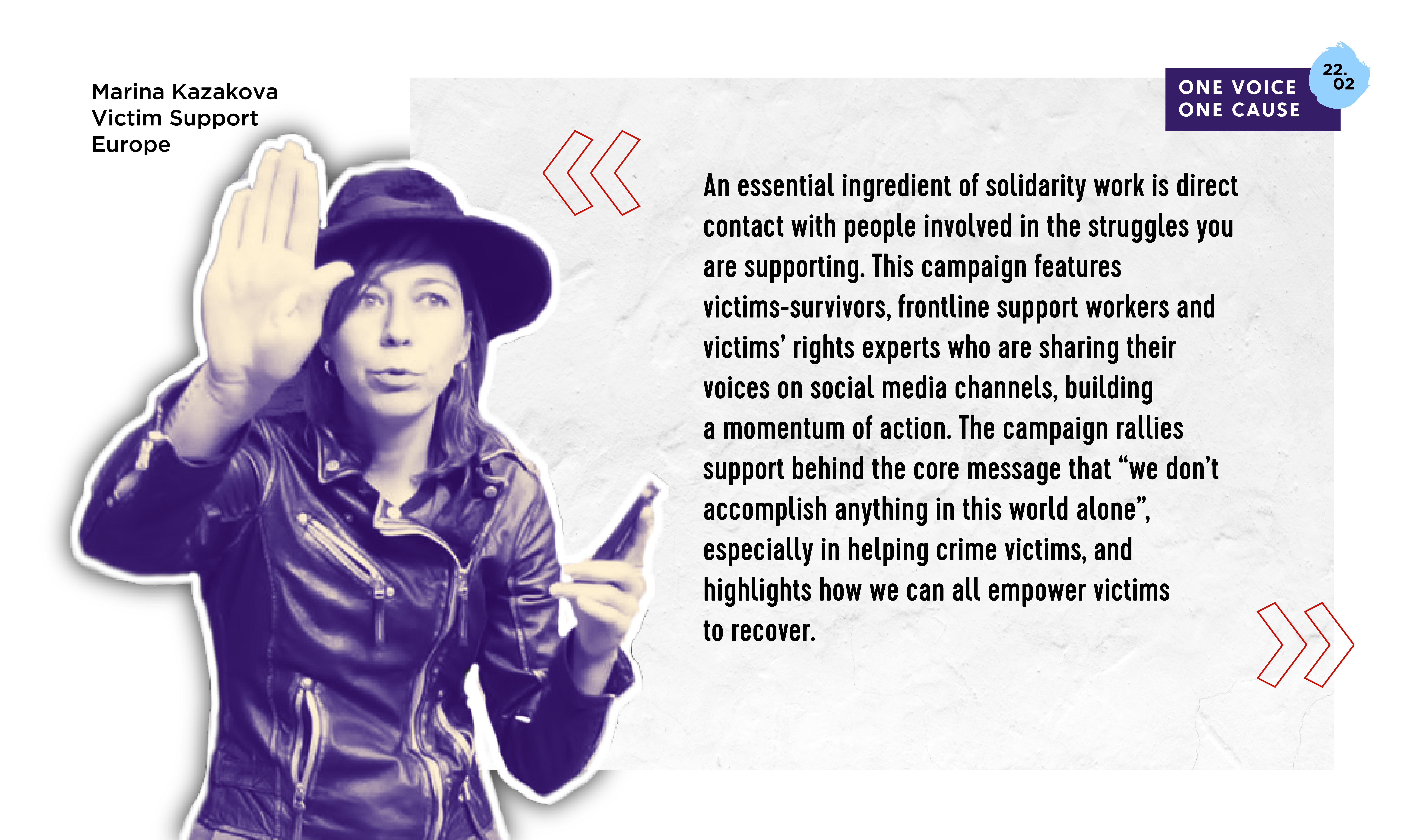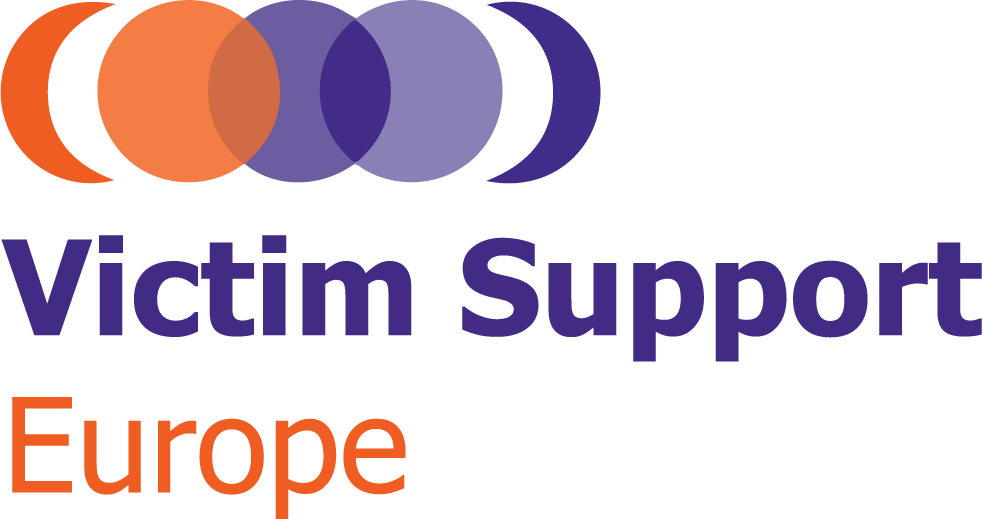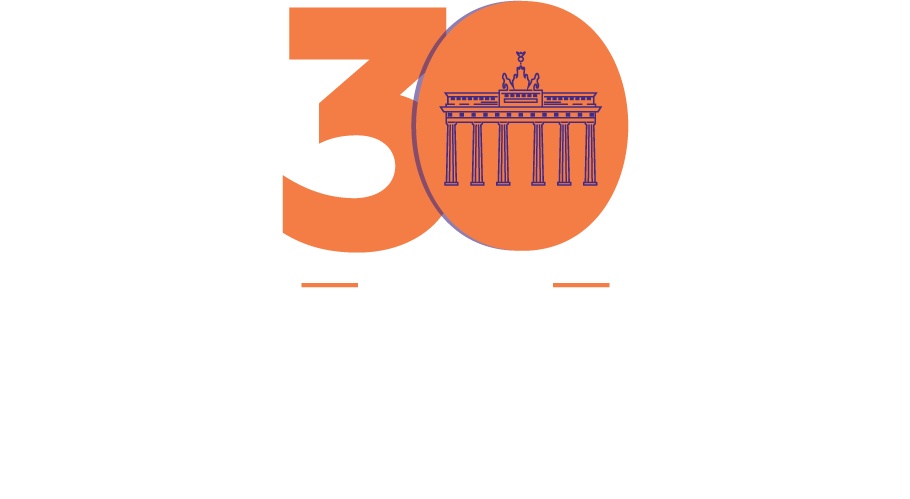The ‘One Voice One Cause’ campaign is a 2020 information campaign that kicked off on 22 February, the European Day for Victims of Crime, and runs until 25 November, International Day for the Elimination of Violence against Women.
It is used as an organising strategy by individuals and organisations around the EU to call for the advancement of victims rights and gradual evolution to a healthier and safer community that benefits each of us.
The campaign supporters call for EU and national actions to increase awareness of victims’ rights, galvanise advocacy efforts, and share knowledge and innovations to close the existing gaps.
It’s everyone’s business!
- Crime is often not committed by strangers.
- In about half the rapes in the world, the rapist knew the victim.
- In more than half the murders, the murderer and victim knew each other.
- Assaults are more likely between people who know each other than between strangers.
- Domestic violence wrenches apart millions of families each year.
- Child abuse, overwhelmingly involving someone close to the child, hurts more than a million children a year.
- Only robberies more commonly involve strangers than acquaintances.
Why go beyond protecting yourself and your family?
Because crime and violence penetrates schools, workplaces, and public spaces.
It takes the life out of communities everywhere.
What you can do?
No one needs to confront all these aspects of crime and violence at once.
The point is, there’s something everyone can do.
The ‘One Voice One Cause’ campaign is for the victims who survived, for the activists who live for change, this campaign is for the old and for the young, for people of colour, people without documents, people of all professions and walks of life, all people.
We write, speak, organise, negotiate, plan and act to grow together to a healthier society of people who care!
Share with us something passionate and constructive: an achievement, a dream, a confession or a revelation, a story to learn from, a grievance or an inspiring act of care and support!
